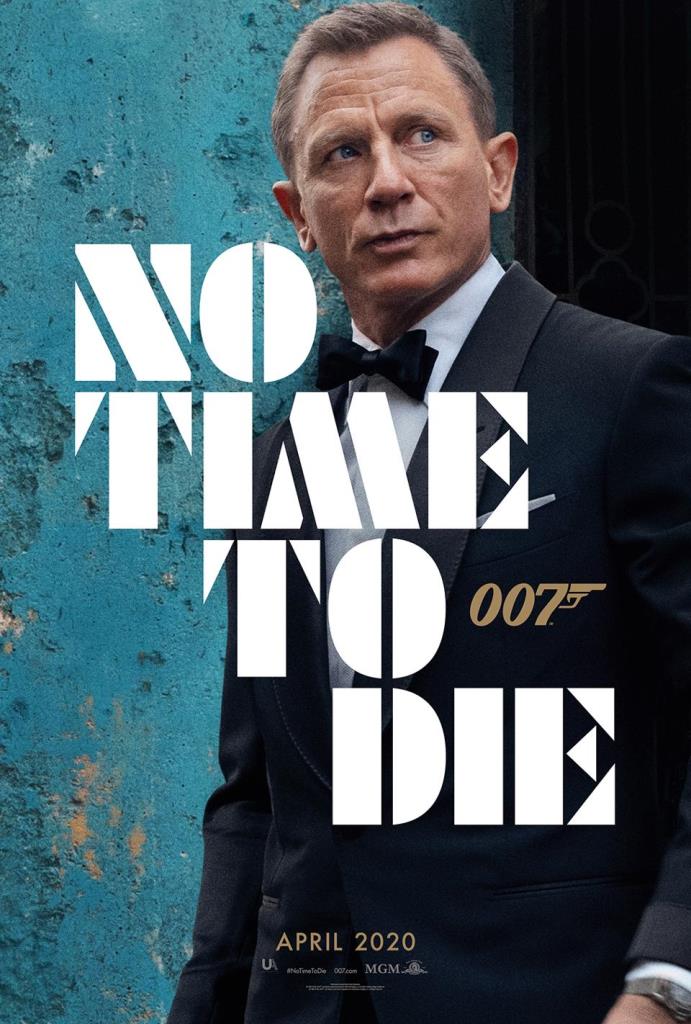Coronavirus is wreaking havoc on the film industry



Look, I know this is not the most important part of the coronavirus story. Let’s just acknowledge that now and then talk about the myriad ways the coronavirus is wreaking havoc on the film industry, because it is having an unprecedented effect on the business right now. It wasn’t exactly shocking, because speculation was rife all week, but on Friday the City of Austin cancelled SXSW, shutting down the annual multimedia festival that brings over 400,000 people to Austin. The statement from the organizers of South By—a cultural gem in Austin’s funky crown—rather tetchily noted that “there’s no evidence that closing SXSW or any other gatherings will make the community safer.”
This is the latest in a series of international cancellations and closures meant to limit the spread of coronavirus. China halted all film production and closed their movie theaters weeks ago, and it could cost the film industry upward of $5 billion. Italy, the hardest hit country in Europe, is also closing theaters and the new Mission: Impossible halted production in Venice. MipTV, a television market and festival held in Cannes, cancelled as well, which raises some questions about the Cannes Film Festival should this situation not turn around by May. No Time to Die shifted its release date to November, a move that will cost MGM anywhere from $30 to $50 million. Dave Bautista’s My Spy also changed its release date, which I’m sure is entirely about the coronavirus and not at all about poor market awareness. Also last week, Emerald City Comic Con postponed their weekend event, which also raises questions about the convention circuit for the year—cons are a petri dish on the best of days. There is also a growing question surrounding Coachella, which if cancelled, could throw the whole summer music festival/concert schedule into chaos, and don’t even get me started on the Olympics.
Obviously, there is a lot of uncertainty here. Just because South By is cancelled, doesn’t mean every other film festival will be, too. But if the coronavirus situation gets worse before it gets better, it’s hard not to imagine other festivals following suit and cancelling, which would be absolutely devastating for the film industry. Losing South By is bad enough, there are already a lot of filmmakers, particularly those unknowns on the very indie end of the scale, who will struggle to launch their films—there aren’t enough major fests that can absorb South By’s orphans. But losing a festival like Cannes or TIFF is a double whammy because it’s not just a film festival, it’s also a film market, where undistributed films are for sale, and Cannes also features the sale of film rights for unproduced projects. Conceivably, if Cannes is cancelled, we could have a two to three year decrease in production just from the setback in rights sales. It is not a cheery prospect.
So where is the silver lining in this mess? If the worst comes to pass and a bunch of festivals are cancelled, if movie theaters in North America start to close, what happens? Well, it depends on what you mean by “silver lining” because the obvious answer actually poses a threat to the long-term health of theatrical distribution, and that is: streaming takes over. The obvious answer to a public health crisis that limits communal gathering is that the bulk of film releases shift to streaming in lieu of theatrical release. There is already a discussion on social media about the streamers like Netflix and Amazon stepping up to pick up some the films left adrift by South By and create a kind of digital film fest. It wouldn’t be nearly the same as a live film festival, but it’s better than nothing. For some of these films, especially the smaller ones that won’t be prioritized by major studios, something is better than nothing.
Maybe none of this will be necessary. There WILL be some fallout from cancelling South By, though it’s hard to see what it will be in the short term. But if the damage can be contained to South By, then the pop culture year should proceed as normal, and this will just be a blip on the radar. As for more movies changing release dates, studios will have to weigh the cost of changing release dates—you’ve basically just wasted your ad dollars up to this point, and will have to spend more for the new date—against taking a hit from lowered attendance. And for some movies, like Black Widow, there are compounded studio considerations. Black Widow has to play before The Falcon and the Winter Soldier, so moving Widow throws the Marvel TV launch on Disney+ out of whack. It’s a lot of moving pieces.
I tend to think, South By aside, the pop culture calendar proceeds as normal because it’s just too much of an expensive headache to do otherwise. South By got kind of backed into a corner because all of the big tech companies pulled out of the tech conference, and a lot of the movie studios were cancelling talent appearances and “scaling back activities”. But the other major festivals are far enough out that they can plan for alternative talent arrangements et cetera without interrupting screening schedules. Perhaps film festivals look different this year, but hopefully they proceed without further interruption. The indie film sector seriously cannot survive this kind of disruption, things are already pretty dire.
The film industry, in general, isn’t in the healthiest place to survive even temporary economic devastation, and the scary thing about relying on streaming platforms to save us is that no one is actually making money on streaming yet, so no one knows if that business model is even sustainable. A sudden, plague-driven shift to a predominately streaming release model, only for everyone to discover streaming is not, in fact, as profitable as traditional theatrical release, would lay waste to the industry. So please, WASH YOUR HANDS, and maybe we’ll get lucky and this will all be a bad dream by summer.

